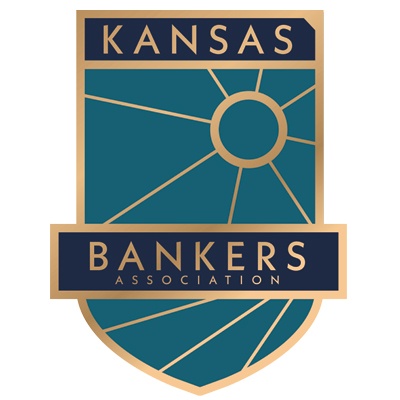We may not always enjoy change, but we seem to always be preparing for it. Preparing for proposed changes to tax laws and other compliance issues can be especially frustrating due to the constant changes in what is being proposed versus what is later signed into law. However, implementing proactive tactics and planning in response to key proposals can result in fewer headaches and potential tax savings if implemented correctly. On Sept. 13, 2021, the House Committee on Ways and Means (HCWM) released a multitude of tax proposals as part of the $3.5 trillion tax and spending package that Democrats and the White House hope to pass this fall.
While there are several proposals being pushed through Congress, perhaps the most notable for C corporation banks is the proposed change to the corporate tax rate. The HCWM is proposing an increase in the corporate tax rate from 21% to 26.5% for corporations with income exceeding $5 million, maintaining the 21% rate for those with $400,000 to $5 million of income and decreasing the rate for those with $400,000 or less of income. The change is intended to be effective for tax years ending after Dec. 31, 2021.
Regarding S corporation banks and their shareholders, the following two proposals are perhaps the most notable:
- The maximum deduction under Section 199A would be $500,000 for a joint return, $400,000 for an individual return, and $10,000 for a trust or estate. Under current law, there is no cap, and the bank shareholder was potentially receiving a 20% deduction on every dollar earned by the bank, which drove down the shareholder’s effective tax rate.
- The net investment income tax (NIIT) would be expanded to cover net investment income derived in the ordinary course of a trade or business for taxpayers with modified adjusted gross income greater than $400,000 for single filers or $500,000 for joint filers, as well as for trusts and estates with income subject to the highest tax bracket. Essentially, this change would subject all earnings from pass-through businesses to either the 3.8% of self-employment Medicare tax or the 3.8% NIIT, regardless of whether the income is from a passive or nonpassive activity.
As the old saying goes, “In this world, nothing can be said to be certain except death and taxes.” With the mentality that all income will eventually be taxable, the short-term concept of current-year tax liability can be thrown out and replaced with a total tax liability on all foreseeable income. Should the HCWM’s proposals be enacted, a bank and its shareholders could receive permanent tax savings by accelerating income and deferring expenses in 2021.
While you’re surely enjoying all of this talk regarding permanent tax savings, there are other (potentially less enjoyable) proposed changes that bankers should be aware of. The HCWM’s plan includes a proposal that could affect banks with IRA ownership. The new proposal, intended to be effective for years beginning after Dec. 31, 2021, prohibits IRAs from holding securities that require accredited investor status. This would impact community banks with IRA shareholders to the extent that the beneficiary of the IRA has to represent to the bank that they have a minimum amount of income or assets, have a minimum level of education, or hold a specific license or credential in which case they would be considered an accredited investor. If an IRA does not comply with the new restrictions on its underlying investments, it forfeits its status as of the first day of that taxable year. The proposal allows for a two-year transition period for IRAs holding such investments at date of enactment; as a result, these IRA shareholders would have to sell or transfer their shares to a qualified shareholder on or before Dec. 31, 2023.
The outlook of the HCWM proposal is subject to change as congressional negotiations are in progress. House Democrats can only lose three votes to pass this bill along party lines in the House, and all 50 Senate Democrats must vote yes on the proposed package to pass the bill in the Senate. To keep updated on proposed changes that may affect your tax planning strategies, visit BKD’s Year-End Tax Advisor at https://www.bkd.com/tax-advisor.
This article is for general information purposes only and is not to be considered as legal advice. This information was written by qualified, experienced BKD professionals, but applying this information to your particular situation requires careful consideration of your specific facts and circumstances. Consult your BKD advisor or legal counsel before acting on any matter covered in this update.
Collin is a member of BKD’s National financial Services Group providing tax consulting to financial institutions.










